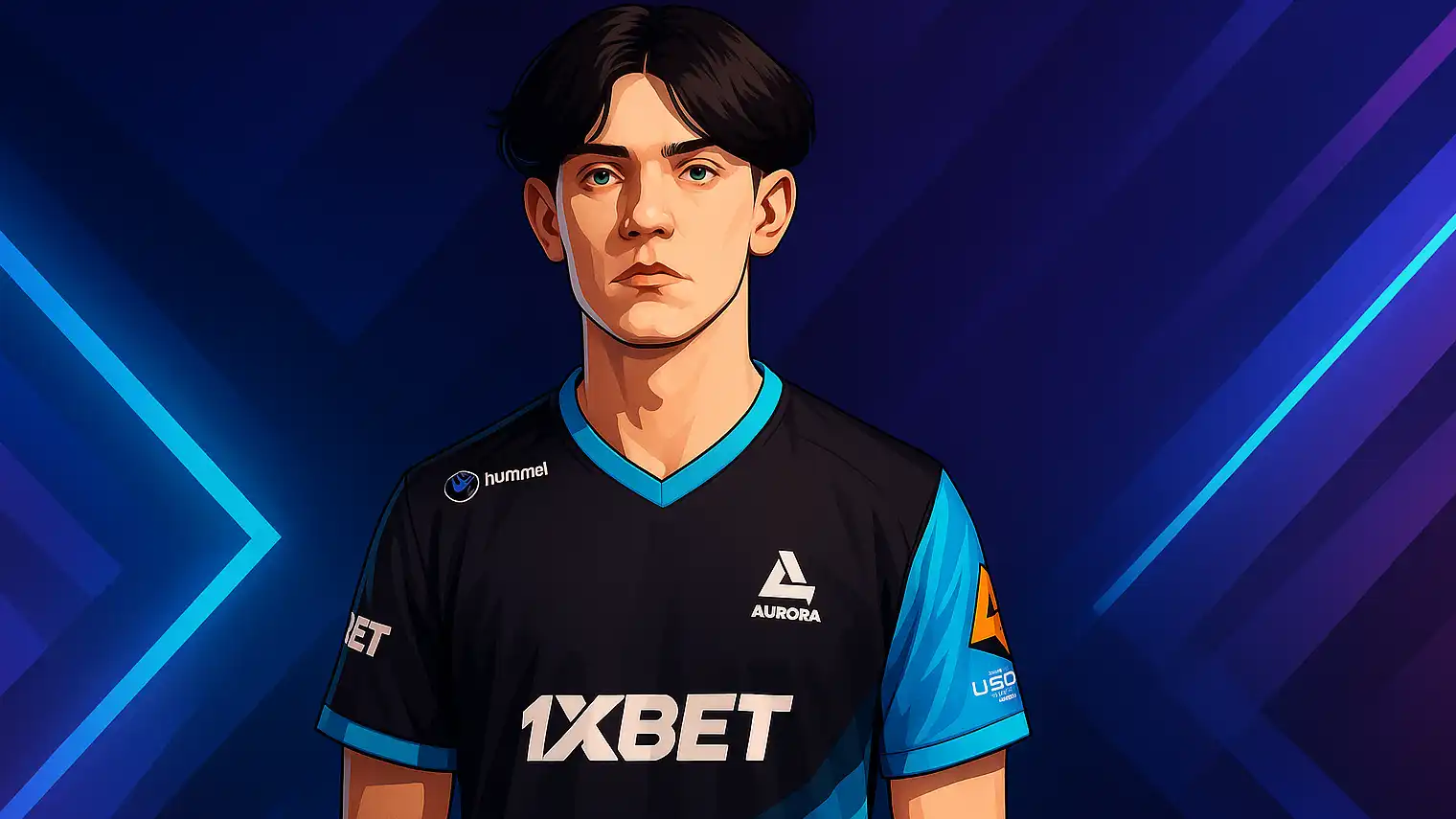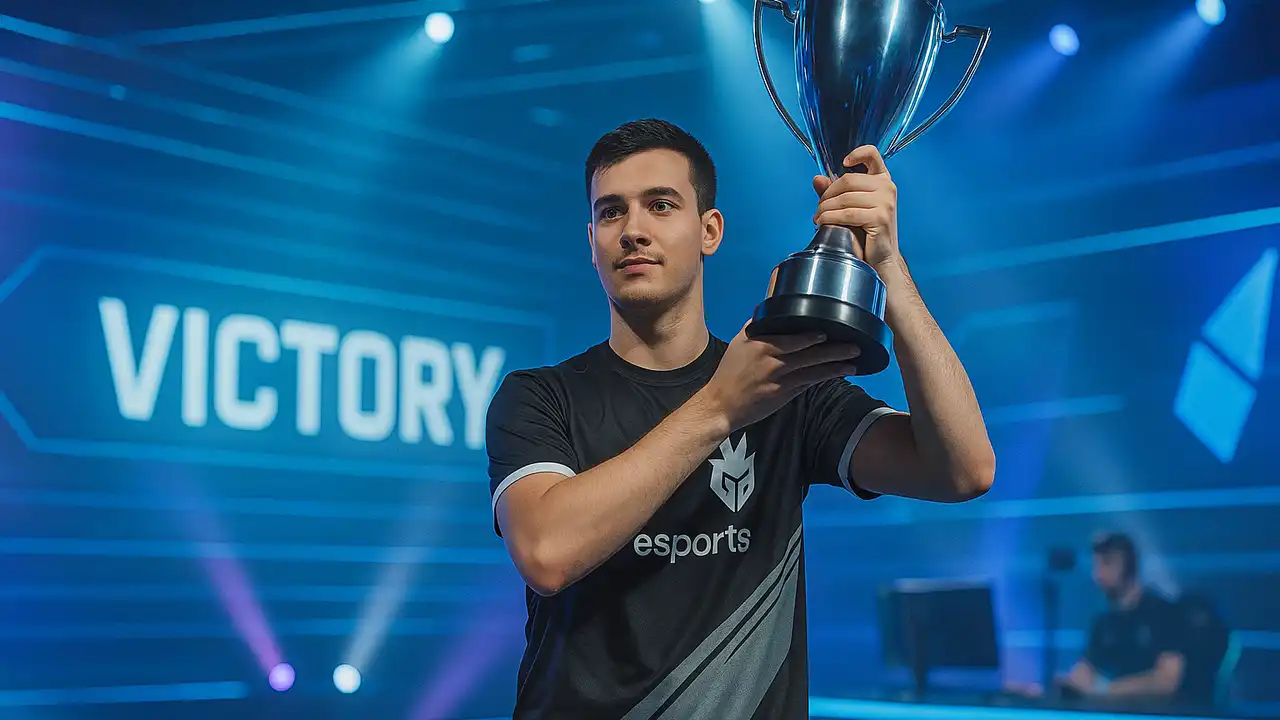Deko’s Wife Criticizes CS2 Major Selection System, Highlights Injustice to Tier-2 Teams

Deko’s Wife Criticizes CS2 Major Selection System, Highlights Injustice to Tier-2 Teams
On October 2, 2025, Sashacheer Zhukova (Александра Жукова), the wife of professional CS2 player Denis “deko” Zhukov, publicly voiced her discontent with Valve’s Valve Regional Standings (VRS) system—now used to determine which teams are invited to CS2 Majors. She argued that the current format is deeply unfair to Tier-2 teams, saying:
“I absolutely don’t like the point system for the Major. Poor Tier-2 teams have to bust their asses all year, competing with ‘radar’ teams, whereas Tier-1 can, roughly speaking, chill and farm slots. I'm upset for my friends whose souls lie in esports. Also, when there were RMRs, there was more show and action.”
She added that she didn’t expect her opinion to matter much, but wanted to express it and hear others’ viewpoints.
Zhukova’s critique echoes growing concerns across the CS2 community that VRS favors established teams and creates barriers for up-and-coming squads.
Background: Why VRS Replaces Regionals and RMRs
In mid-2025, Valve announced it would remove regional qualifiers and rely entirely on VRS standings to populate the 32-team field for the StarLadder Budapest Major (scheduled November–December). Under this model, teams earn points over time, with invitations based on cumulative placement rather than performance in qualifiers.
This shift has generated considerable backlash. Critics argue that:
VRS is too closed: New or lower-tier teams struggle to accumulate enough points because they have limited access to VRS-eligible events.
The weighting is unfair or nontransparent: Prize money, opponent strength, and recency factor heavily, making rankings volatile or skewed.
Open qualifier slots are scarce: Many tournaments are invite-only, reducing chances for teams without prestige to break in.
Invites or status may change mid-tournament: Inconsistencies have raised concerns about fairness.
In response to mounting discontent, 22 organizations—including Ninjas in Pyjamas, FURIA, MOUZ, and Falcons—signed an open letter to Valve. They urged refinement of the system, citing “significant flaws” that could drive organizations out of the game. The letter emphasized that the only way to enter VRS is through Tier-1 open qualifiers, which are too few and inconsistent.
Voices from the Pro Scene
Multiple players, coaches, and org representatives have publicly criticized VRS:
Marco “Snappi” Pfeiffer (NiP IGL) on X:
“It is borderline impossible to grind rank. @CounterStrike you fully closed down the entire system, and you are killing organizations not already ranked top30. We went through 6 open qual games vs multiple paid teams. How is anyone supposed to get up, when almost nothing is ranked?”
Michael “Swisher” Schmid (M80) on X:
“The circuit is more closed than ever, and we’ll continue to see more Tier-2 orgs leave the scene unless something changes. You’re killing your pro scene, Valve.”
Tobias “TOBIZ” Theo (coach, MOUZ) argued that VRS diminishes opportunities for new talent and entrenches existing rosters:
“New squads will find it so difficult to climb the ranks that many likely won’t even try.” He further said that the scene is becoming less open, with fewer chances for fresh teams to emerge.
Graham “messioso” Pitt (Complexity GM) has also criticized the system’s flaws in how it values tournaments and invites.
Many in the community view the system as self-reinforcing: teams already in high ranks get more exposure, more invites, and thus more opportunity to accumulate points; others remain locked out.
Adjustments, Reactions, and the Path Forward
Despite the outcry, VRS is not static. Valve and tournament organizers have made some adaptations:
Valve revised forfeit handling, match counting, and the ranking update process to reduce mid-event disruptions.
BLAST (a major event organizer) acknowledged difficulties of the new system but affirmed it intends to work within it, citing long-term calendar planning and efforts to coordinate with other event organizers.
BLAST also revealed that aspects such as team compensation would start factoring into VRS in future cycles.
Nevertheless, the community remains wary. Some fear that the removal of open qualifiers for Majors robs CS2 of its unpredictability and Cinderella stories—elements long cherished in Counter-Strike.
As one analysis put it:
“This closed circuit is financially unsustainable for lower-tier teams. Without access to VRS-ranked events, sponsorships dry up, revenue becomes unpredictable, and long-term stability is almost impossible.”





